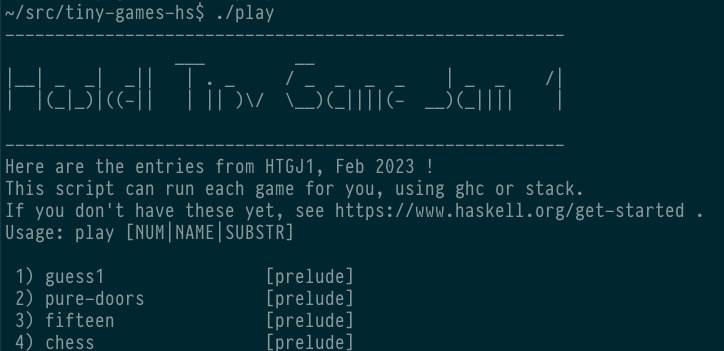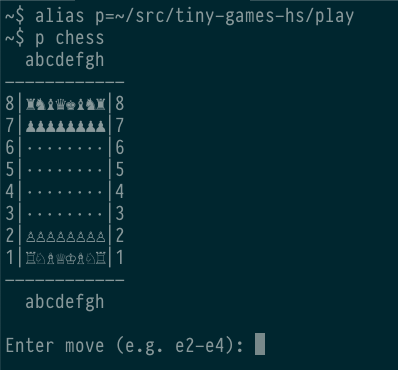Inspired by the BASIC 10Liner contest (see their english rules at the bottom): the first Haskell tiny games contest runs through February 2023! The prize.. glory!
Submit your entries now (as many as you like) to this repo (send a pull request, or push if you have access), or paste in the #haskell-game chat (Matrix or IRC) and we'll commit for you. sm and f-a are your judges, informed by #haskell-game.
Here are the general rules for this round:
-
Make a playable game in one haskell file of up to 10 lines of up to 80 characters each.
-
This can be a runghc, stack or cabal script, or a small haskell program, but not a multi-file project. Some templates are provided to give ideas. Our ideal is a self-contained 10 line program that just works, like BASIC programs.
-
Unlimited comments are permitted after line 11. The game's "category/name (author)" info should appear here, and any essential info like player controls, so the game is usable to someone seeing just this file, eg in chat.
-
Achieving programs that "just work" is a core principle and part of the challenge. The script or program must either
- be reliably runnable via shebang line (shebang lines are counted as code, but will impress the judges)
- or contain a reliable build/run command line with all needed options, in the comments
(the
playscript will use this).
Entries which aren't straightforward to run and enjoy are incomplete. Some tips:
- Avoid requiring problematic GHC versions. In particular GHC <9.2 doesn't work well on mac. If you specify a GHC version/stackage snapshot, the current release is ideal (GHC 9.2, lts-20).
- env -S in the shebang line doesn't work on older GNU/Linux systems, but we allow it (see haskell-game#25).
- stack scripts can seem to hang at first startup while downloading snapshot info. For prelude/base/default categories, using --resolver=ghc-9.2.5 avoids this (see haskell-game#38).
- stack scripts can use --verbosity=error to silence the "Selected resolver" output.
- If using packages which require compilation (gloss), use stack script --compile. (And be aware a newer compiled binary can cause your source to be ignored.)
- cabal scripts are also welcome; they don't have --compile and require more lines (unless you use env -S)
- On mac, Terminal and iTerm 3.4 render emojis slowly; iTerm 3.5 beta works better.
-
The game should be portable, running on all major platforms, ideally.
-
A small square screenshot must be provided, ideally static and non-gif. (Not animated, because Github's player overlay will obscure it. Not a gif, because you can't make those clickable on Github it seems.)
-
A README file is optional but makes browsing your game more pleasant for website visitors. Feel free to include animations, or discussion of the game/code/your experience.
-
A less-minified version of the code, that we can learn from, is optional but welcome.
-
Contest entries will be collected in the official repo (haskell-game/tiny-games-hs). You can update your entries freely until the contest end, 2023-02-28 11:59:59 UTC, at which time they are frozen for posterity and judging (no exceptions). If you need to share post-contest improvements, you are welcome to publish as new files in the same directory.
-
You can submit any number of entries, in the following categories:
prelude-10-80
: No imports may be used. (template1)
base-10-80
: Imports from the base package may be used. (template1)
default-10-80
: Packages installed by default with GHC may be used.
Also a second file named Import.hs may be used, to gather and re-export imports (only).
(template1)
hackage-10-80
: All packages on Hackage may be used, and an Import.hs file may be used. (template1)
Here are the entries received so far!
 guess1 (sm) |
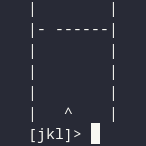 pure-doors (tristanC) |
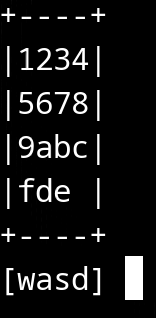 fifteen (bradrn) |
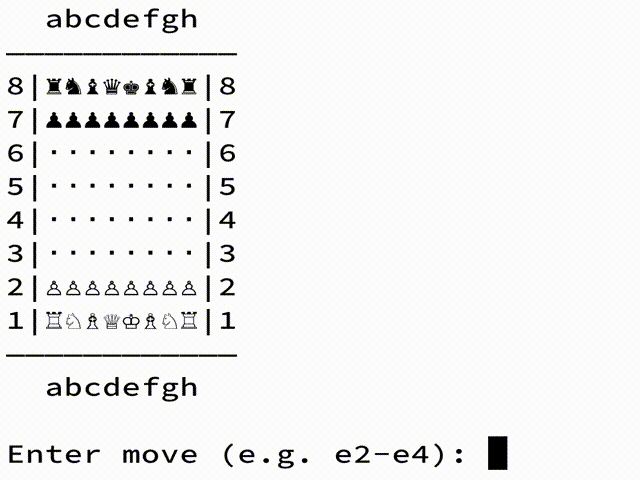 chess (fizruk) |
 sudoku (elderephemera) |
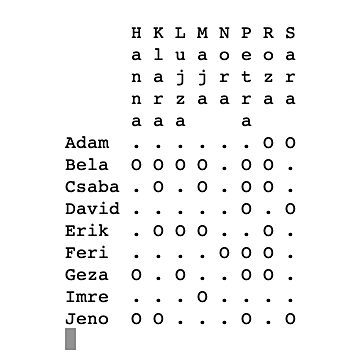 matchmaking (migmit) |
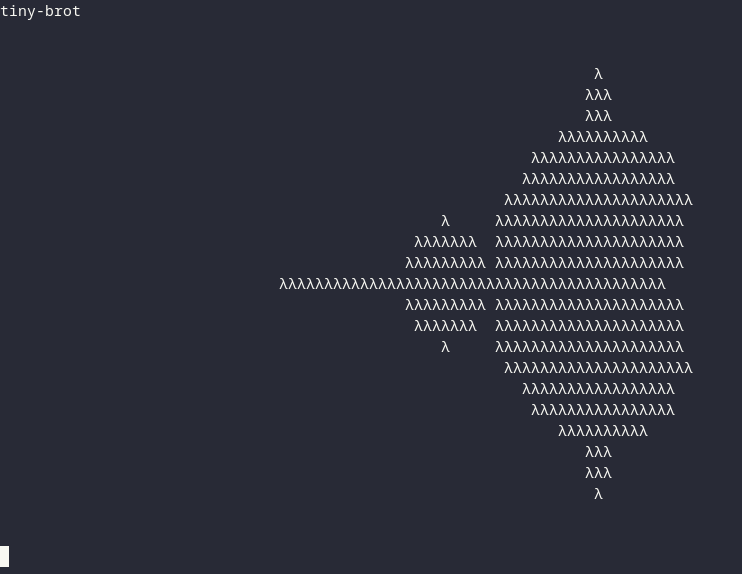 tiny-brot (tristanC) |
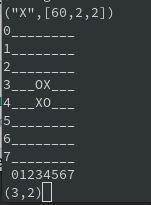 mini-othello (hellwolf) |
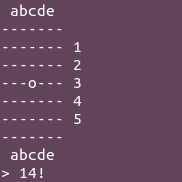 one-dot (OsePedro) |
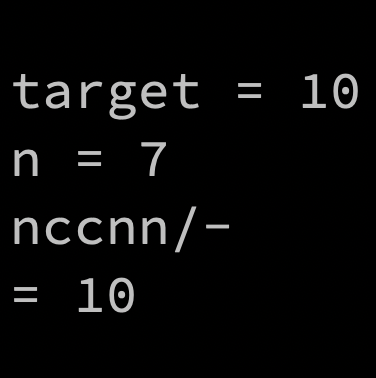 expressit (Greg8128) |
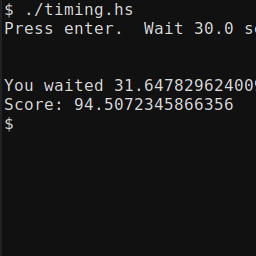 timing (TravisCardwell) |
 shoot (migmit) |
 log2048 (Lysxia) |
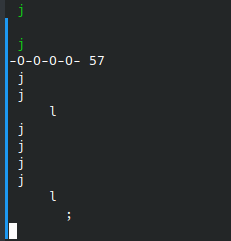 rhythm (elderephemera) |
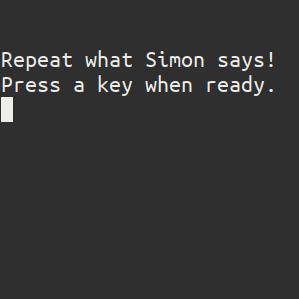 peyton-says (gergoerdi) |
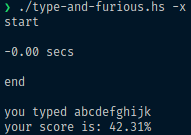 type-and-furious (lsmor) |
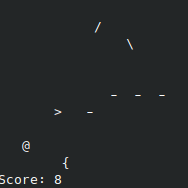 shmupemup (elderephemera) |
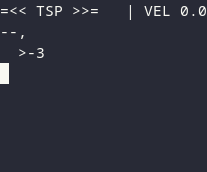 tsp (tristanC) |
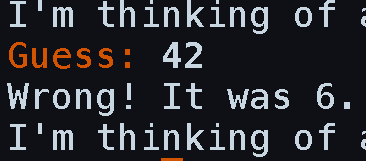 guess2 (sm) |
 wordle (halogenandtoast) |
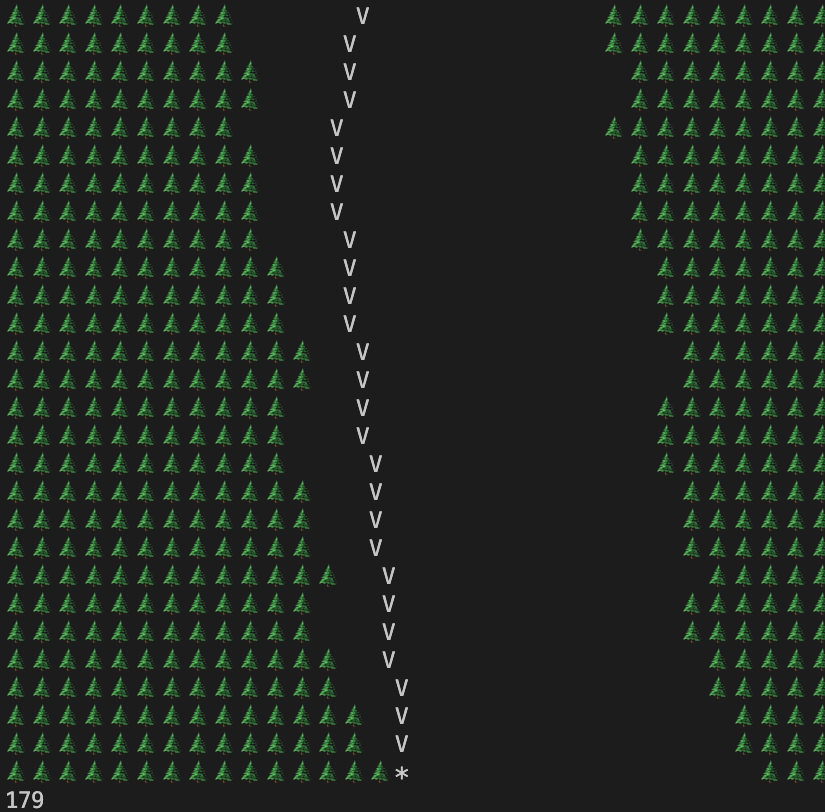 ski (sm) |
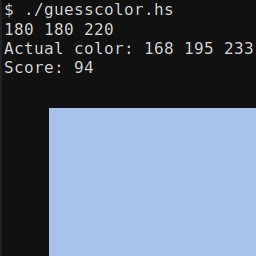 guesscolor (TravisCardwell) |
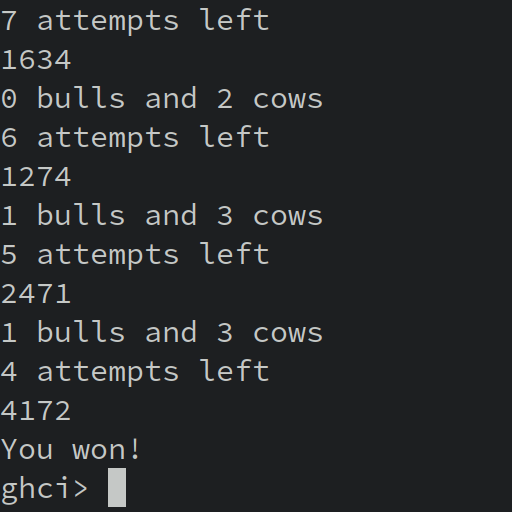 bulls-n-cows (akadude) |
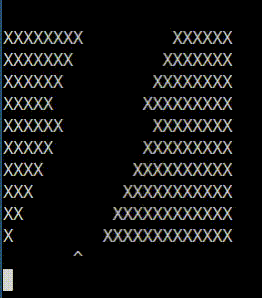 hallway-to-hell (juliendehos) |
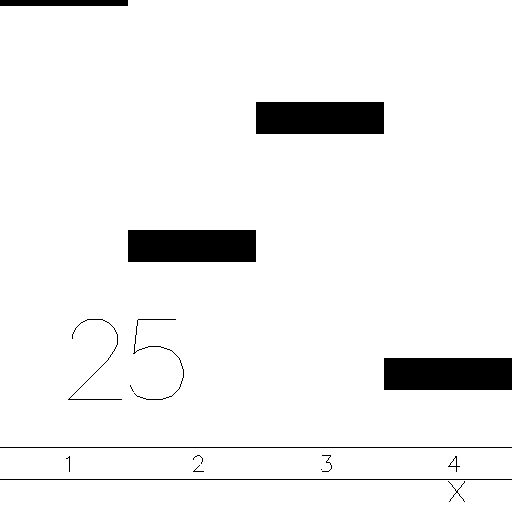 1234-hero (gelisam) |
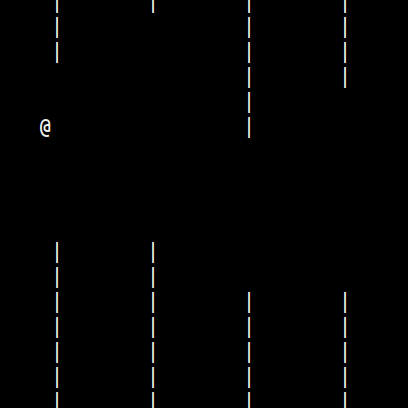 crappy-flappy (gergoerdi) |
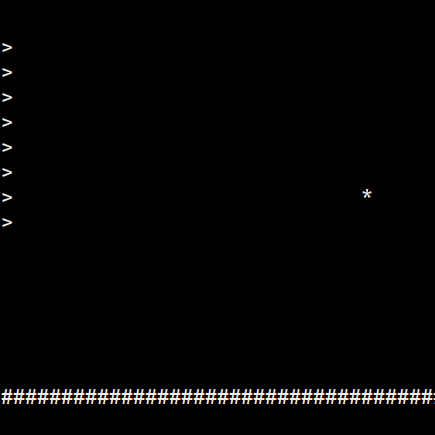 pong (gergoerdi) |
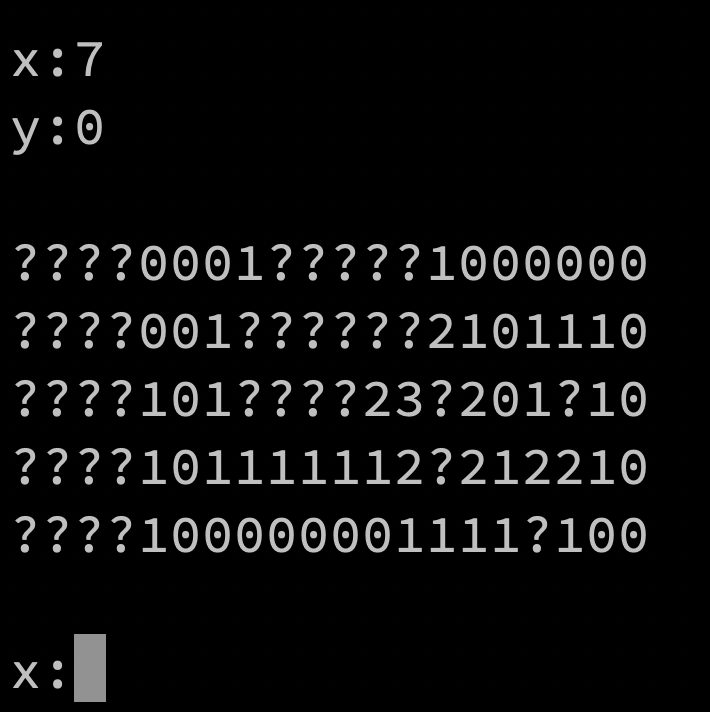 minesweeper (Greg8128) |
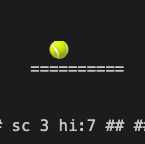 pong2 (sm) |
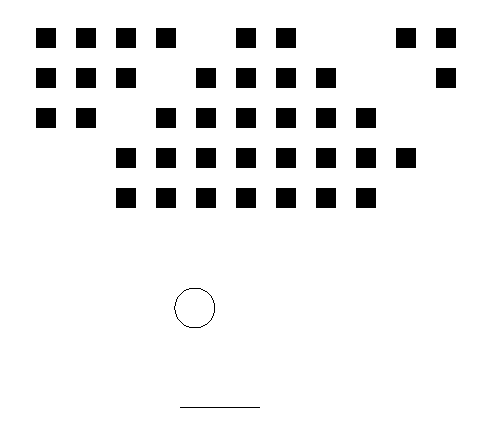 brickbreaker (fgaz) |
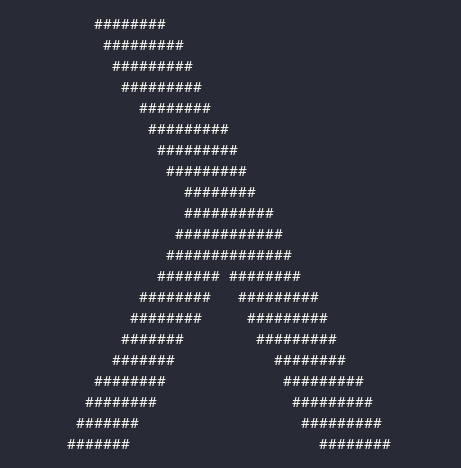 lazy-march (tristanc) |
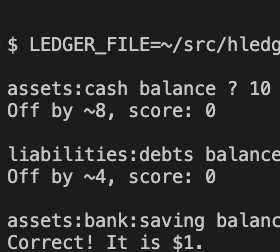 balances (sm) |
 vaders (gergoerdi) |
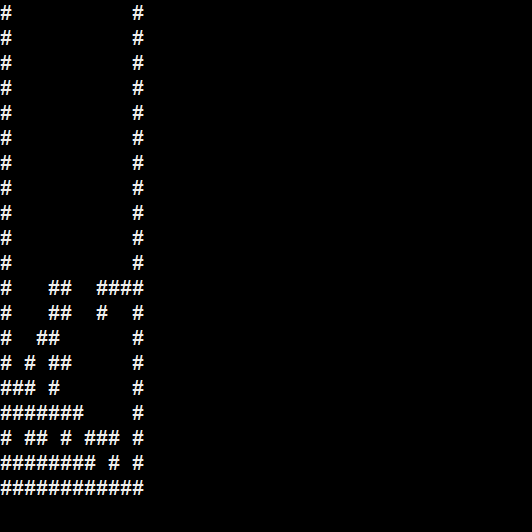 tetris (gergoerdi) |
You will need a suitable version of GHC (9.2.5+ or 9.4.4+ recommended), and stack (or cabal).
See https://www.haskell.org/get-started/.
Once Haskell is installed, and if you have bash, you can run ./play in this repo:
or:
If you don't have bash, cd into each game's directory and try running the game's .hs file. If that fails, look for run/build instructions in that file or a nearby readme.
Since haskell-game#14, we have a minifier that can turn your game into a brick of inscrutable code no more than 80 characters wide, provided that you add curled braces and semicolons over all your program, so that it becomes white space insensitive. @kindaro is the owner of the minifier, ping him with your reviews and suggestions.
